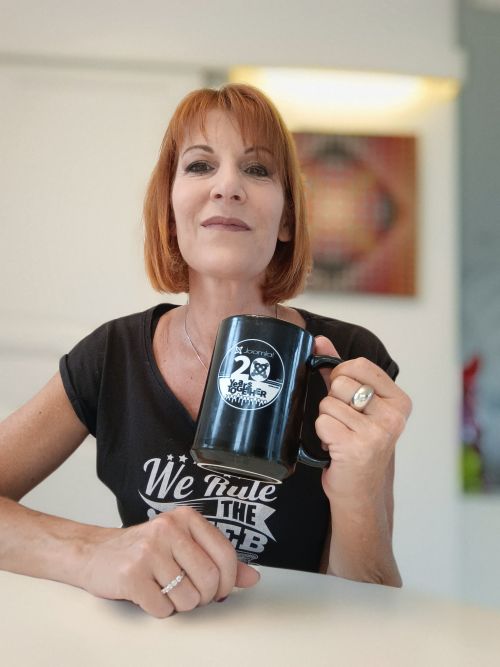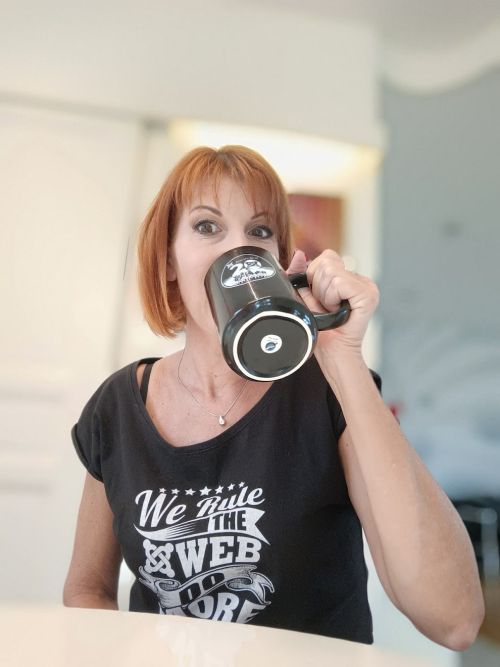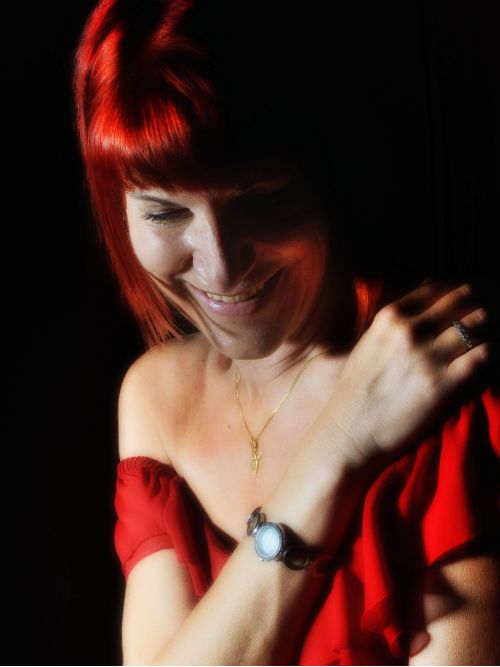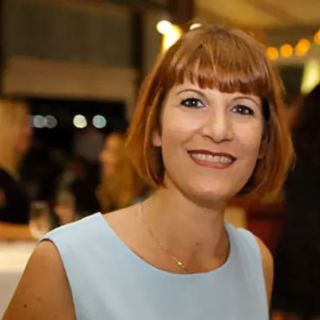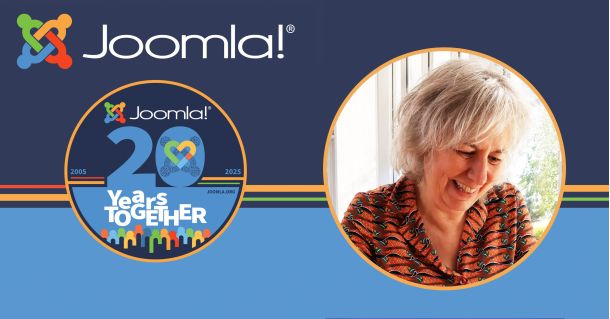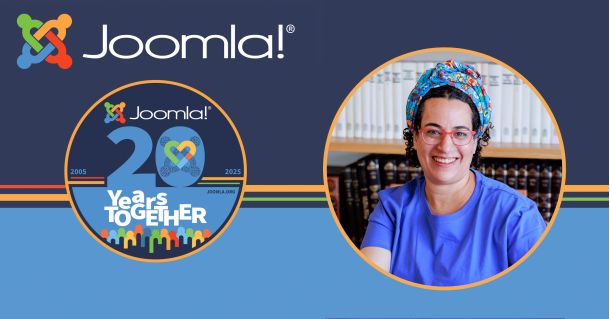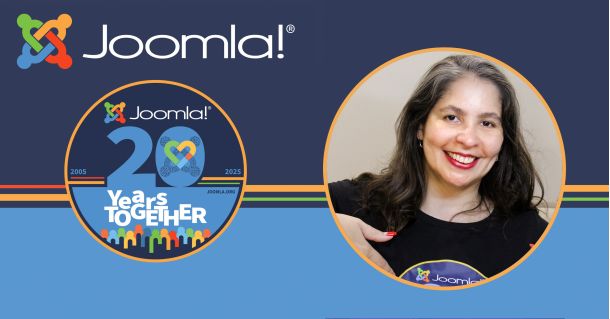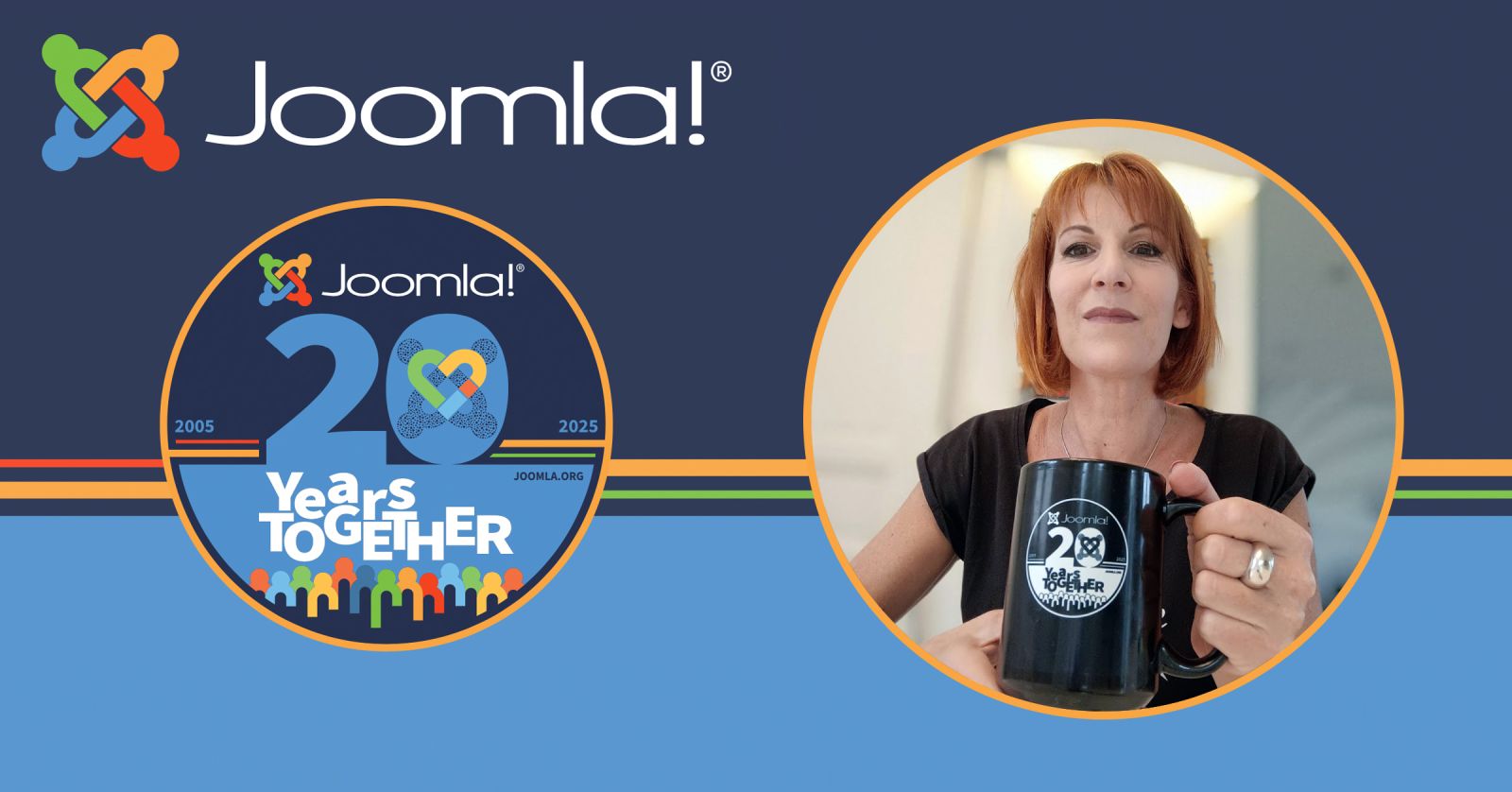
Joomla in Faces. Sandra Decoux (web designer & markerting expert)
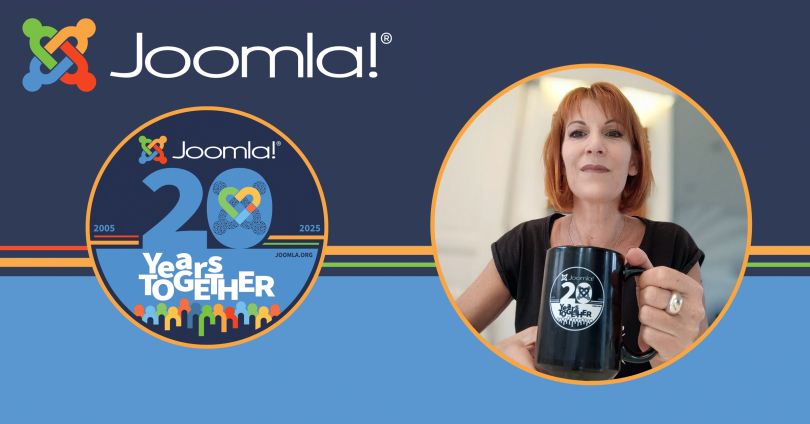
- Published: 16 October 2025
- Last modified: 07 January 2026


Sandra Decoux operates on a truly global scale. Splitting her time between the Caribbean and France, she builds websites for an international clientele while dedicating her free time to the Joomla Project. Her deep commitment is evidenced by her elected role as a Director of the project and her work as the Marketing & Communication Department Coordinator. We sat down with her to discuss leading a global open-source community, international web design, and the future of Joomla.
1. Could you introduce yourself to the auditory?
Hello! I'm Sandra, founder of a web design agency, IDIMweb, created in 2007. I build any kind of custom website, from showcase to e-commerce websites, and I’m specialized since a few years in implementing the ROLEX Bespoke solution. And guess what, to build websites, I’m using Joomla.
I currently live in Annecy, a city located in the French Alps, but my clientele is mainly located in the sunny islands of the Caribbean, where I lived for 12 years.
2. How did your first encounter with Joomla happen?
In 2008, we undertook a thorough search to find a content management system (CMS) that would meet our specific needs.
We began by testing several options available on the market. Each CMS had its advantages and disadvantages, but as we tested them, we discovered that Joomla particularly stood out. Its flexibility and robustness were appealing, especially for projects requiring advanced features without too much complexity. Joomla's architecture, with its user management and extensions, offered expansion and customization options that were essential for us.
Furthermore, the Joomla community was active and engaged, facilitating access to resources and support. The numerous plugins available made it easy to add specific features, which was a considerable asset for a constantly evolving project.
After careful consideration and comparisons, we chose Joomla, which seemed to be the best solution for our website creation requirements.
3. You have been involved in different Joomla teams and this list is huge! Can you tell us more about your experience in the Joomla community?
Since joining the Joomla community about fifteen years ago, I've had the opportunity to actively participate in numerous teams. Joomla, as a free CMS, has not only been a tool that has allowed me to earn a living, but it has also awakened in me a deep desire to give back to this community that has given me so much.
My journey began in the documentation team, where I had the privilege of collaborating with enthusiasts like Tom Hutchison and Marc-Antoine Thevenet. Together, we did our best to make the documentation accessible and useful to all users. This initial experience opened my eyes to the importance of knowledge sharing and the need for good communication within a community.

"Over time, my involvement expanded, and I had the opportunity to participate in many other teams in nearly all departments."
Sandra
Over time, my involvement expanded, and I had the opportunity to participate in many other teams in nearly all departments (you can see my Volunteer profile). Each experience allowed me to discover different facets of Joomla and learn a variety of skills. Every interaction with community members has enriched me, both professionally and personally (they are too many to be named).
In short, my journey with Joomla has been a formative adventure, punctuated by enriching encounters and exciting challenges. I am grateful to have been able to contribute to the growth of this community and hope to continue helping those who, like me, seek to learn and share their knowledge.
4. Have you worked with other Content Management Systems besides Joomla?
5. What motivates you to contribute, and what do you get out of it?
6. You have coordinated numerous Google Summer of Code (GSoC) programs. What are your impressions about that?
I had the opportunity to mentor and then run the Joomla Google Summer of Code program. This Google program is particularly important to me because it allows students to deepen their knowledge while applying it to real-world projects, which also helps improve our CMS.
Furthermore, collaborating with people like Puneet Kala, who has been a GSoC admin during years, has been an incredible experience. It's truly rewarding to see how this program can not only develop future talent but also enrich our community.
GSoC is also an entry point into the community. And what's more fantastic than seeing that my student Shivam stayed in the community after the program and has been leading the team for the past few years...
7. What do you think should be done to attract new users to the Joomla community?
It's a complex question... Attracting volunteers is never an easy task, regardless of the sector. Joomla, unfortunately, is not the best-known or most widely used CMS, largely due to its limited communication resources.
This situation makes it even more difficult to mobilize people willing to commit. Improving Joomla's visibility could be beneficial to generate more interest and involvement within the community.
8. How do you achieve the documentation nowadays and what should be improved first?

"I firmly believe that having separate documentation for users and another for developers is a very beneficial approach."
Sandra
Documentation plays a crucial role for both users and developers. For users, it allows them to explore all the CMS's features and master its use. Developers, on the other hand, benefit from documentation that makes it easier for them to understand the code and extend its functionality.
With the upcoming "retirement" of JDocs, a page is turning, and I feel a certain nostalgia for this site in which I invested so much effort. However, I firmly believe that having separate documentation for users and another for developers is a very beneficial approach. It allows everyone to find the information they need more efficiently.
Ultimately, well-structured and focused documentation helps improve the overall user experience and facilitates the work of developers. It's a valuable asset for any community that wants to evolve and adapt to the needs of its members.
9. What key advantages of Joomla would you highlight?
Joomla offers many advantages in my opinion, especially for those managing multilingual sites.
One of Joomla's greatest benefits is its ability to easily manage sites in multiple languages. For site administrators like me who operate in multilingual environments, this feature is crucial.
Security is of course another key aspect of Joomla. The Joomla Security Strike Team (JSST) does an outstanding job of ensuring regular updates and quickly resolving vulnerabilities.
Joomla's flexibility is also another major asset, allowing for site customization and adaptation as needed. Furthermore, the ability to expand Joomla's functionality with high-quality extensions offers great freedom in creating complex and interactive websites.
10. What do you think needs to be improved in Joomla's infrastructure to make it even better?
Migration between major Joomla versions has evolved considerably, making the transition easier for site managers. Compared to the challenges encountered when moving from version 1.5 to 2.5, current updates are much smoother. However, the pace of new major versions being released every two years poses some challenges, in my opinion.
For sites that don't use third-party extensions, upgrading to a new major version is often as simple as a single click. This represents a definite advantage for these users, allowing them to quickly benefit from the latest features and security improvements.
On the other hand, this rapid pace puts significant pressure on extension developers. They must frequently adapt their products to new versions, which can discourage some of them. As a result, many extensions disappear during these transitions. For example, the number of extensions available in the Joomla Extension Directory (JED) has dropped from approximately 9,000 when Joomla 3 was released to fewer than 5,000 today.
For site managers, the disappearance of extensions poses a major problem. Some extensions are essential to site functionality and performance. When they are no longer available or not updated, managers must find alternatives, complicating the process of migrating to a new version. This can lead to delays and additional costs, making the transition less attractive.
11. Joomla is turning 20. What are your thoughts on this milestone?
Joomla is celebrating its 20th anniversary, and it's a remarkable journey. In a world often dominated by financial interests, this volunteer project has endured and flourished. This philosophy of sharing, mutual aid, and self-giving is what makes Joomla so special.
It is precisely this collaborative nature that prompted me to get involved in the project. Contributing to Joomla means participating in a community that values everyone's skills and commitment. This dynamic is essential to maintaining the spirit of mutual aid that characterizes the project.
I sincerely hope this wonderful story continues for another 20 years and beyond. Joomla's strength lies in its ability to bring together passionate people around a common vision, and I can't wait to see what the future holds.
